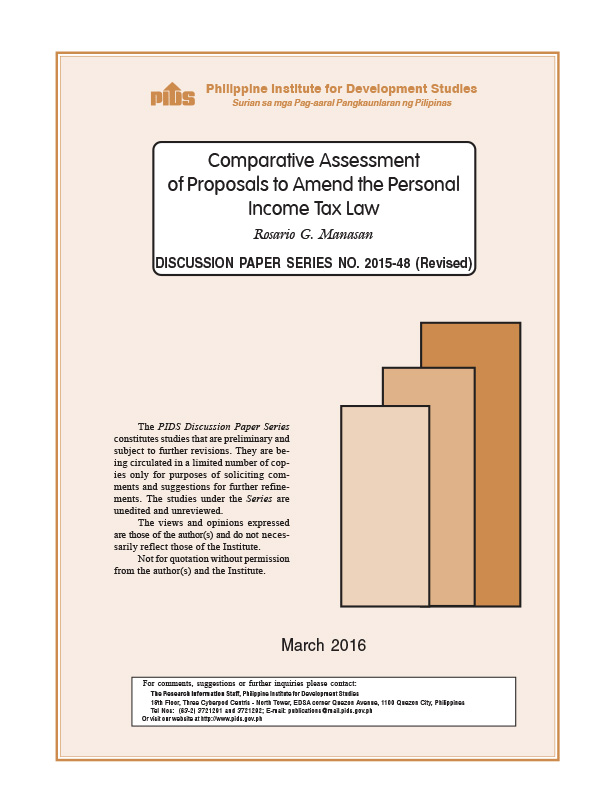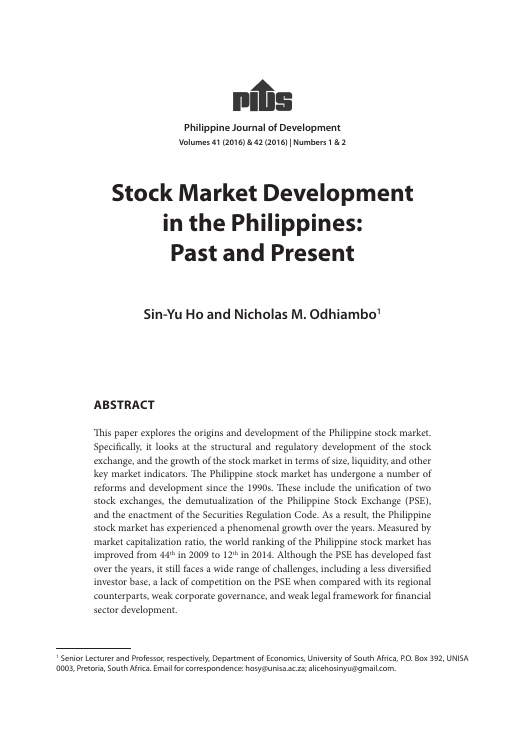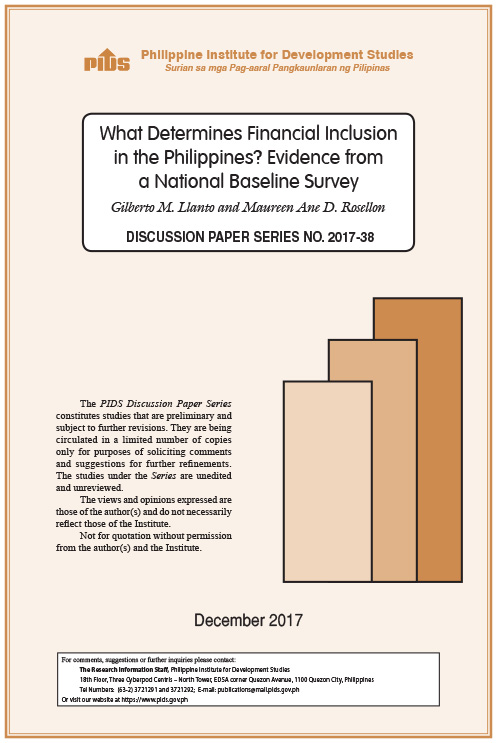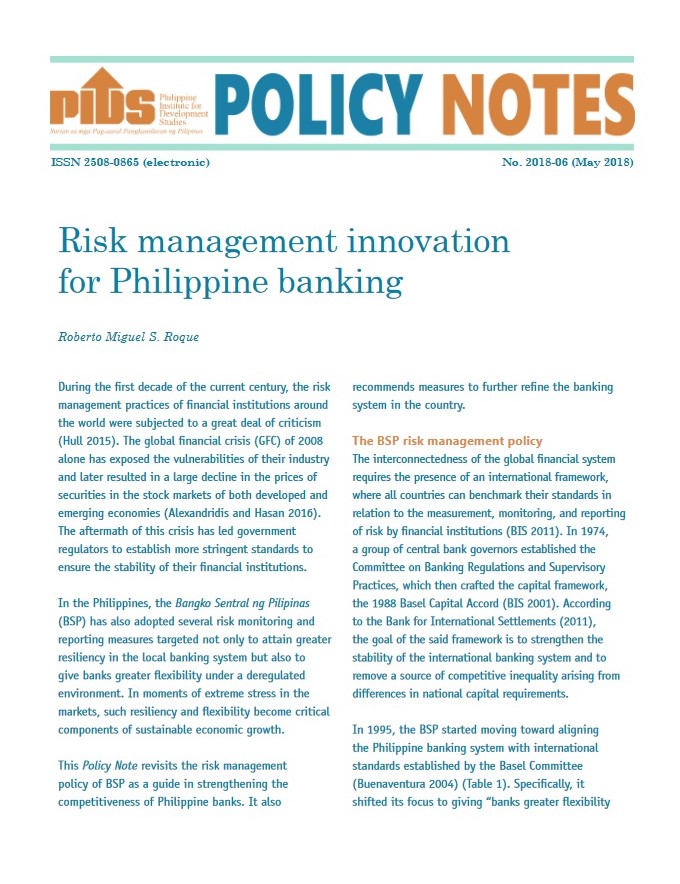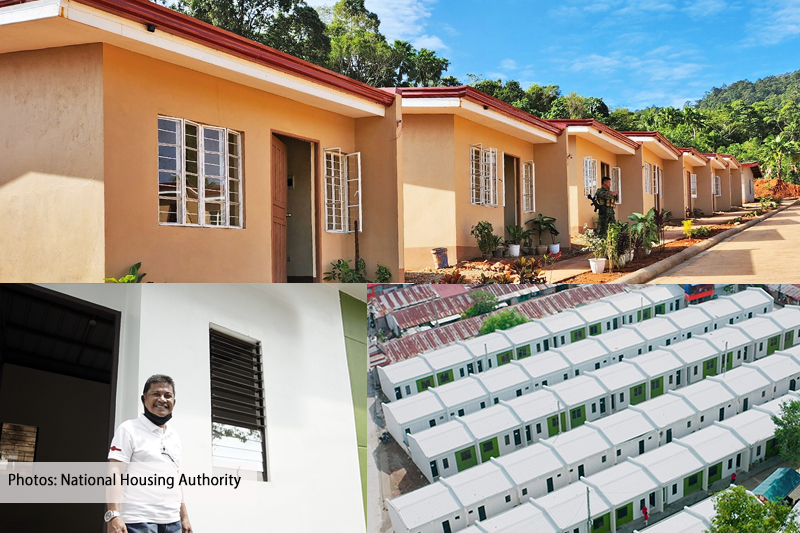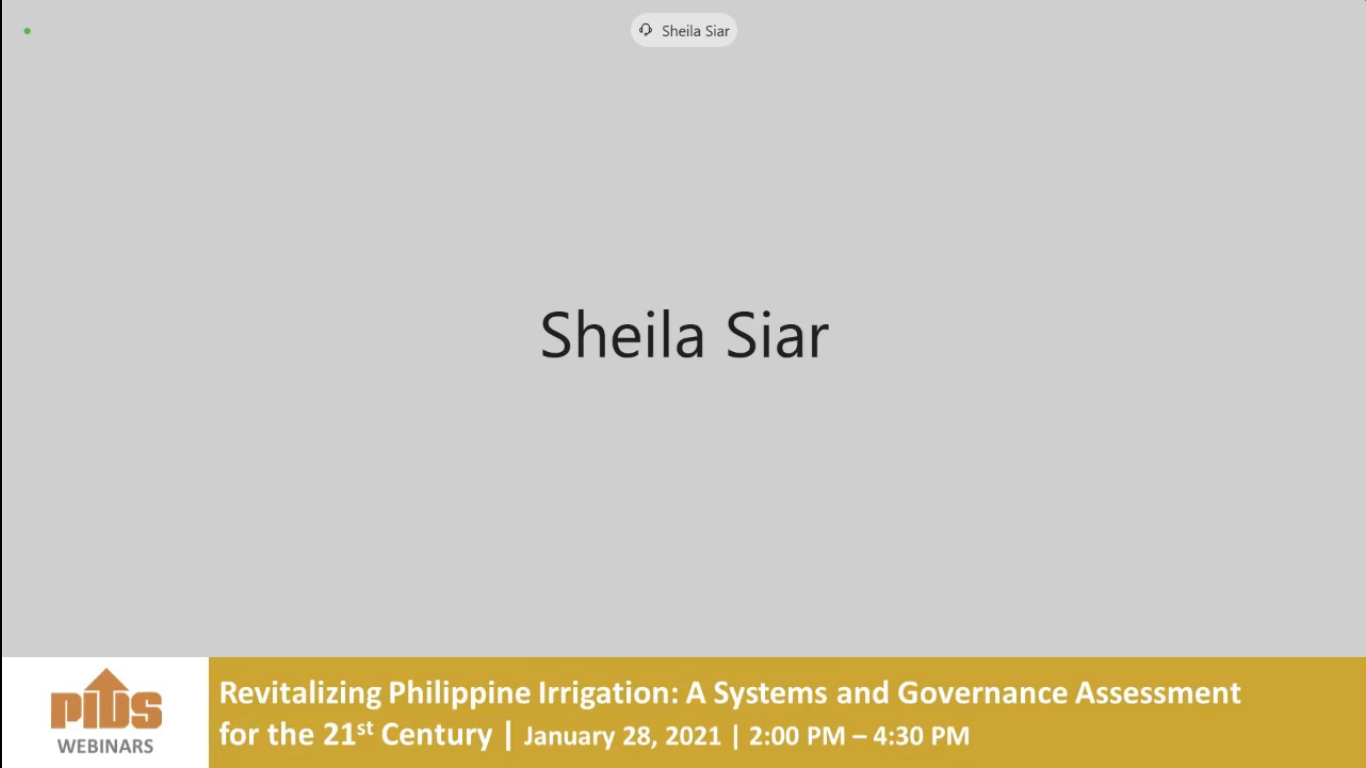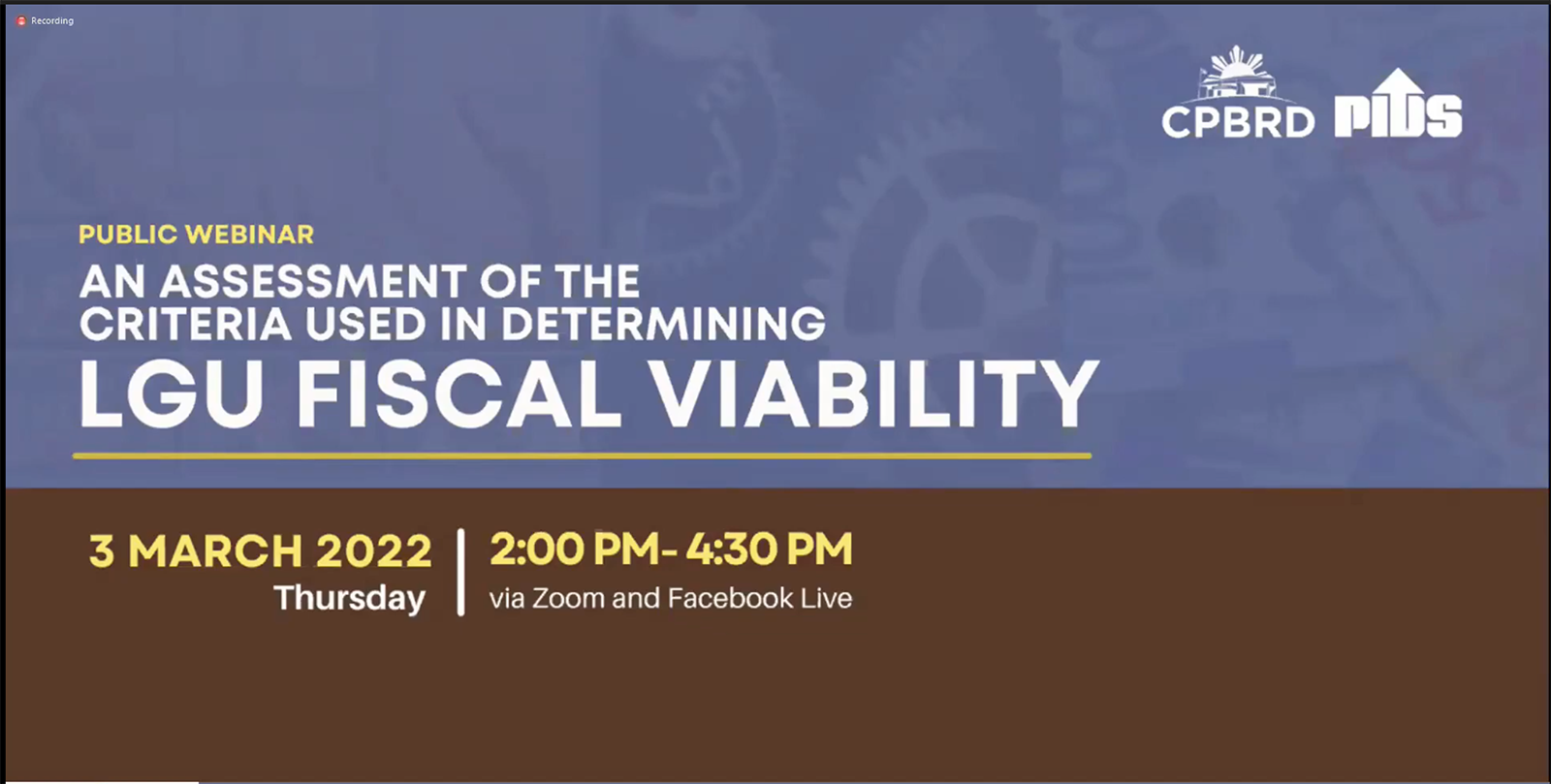Proposals to reform the personal income tax have gained prominence in recent months. To date, personal income tax reform is part and parcel of the platform of a number of the candidates in the 2016 presidential elections. This paper aims to evaluate the various proposals in both houses of Congress to amend the existing personal income legislation. Proposals to amend the personal income tax schedule appear to be well-justified from the perspective of (i) the need to eliminate the bracket creep and (ii) easing the tax burden on Filipino personal income taxpayers relative to their ASEAN neighbors.
In terms of the progressivity of the personal income tax, all of the proposals to amend the personal income tax are progressive. However, two of the proposals, SB 2149 and HB 4829, are less progressive than the existing rate structure. In terms of revenue yield, all of the proposals are estimated to have a negative impact on government revenue. The projected revenue loss from proposals to restructure the personal income tax is best seen in the context of the government's overall revenue and tax effort. Fiscal prudence dictates that new revenue measures be found to compensate for the projected revenue loss that will arise as a result of the implementation of any one of the various proposals to restructure the personal income tax. Thus, the questions that beg to be asked is: What new revenue measure or combination of measures will allow government to recover the revenue loss from the new personal income tax structure? Possibilities include increasing the VAT rate, excise tax on petroleum products, and road user's tax.
Citations
This publication has been cited 2 times
- Baguilat, Teddy Jr. Brawner. 2016. House Bill 1601: An act adjusting the level of net taxable income and nominal tax rates for purposes of promoting the individual income tax, amending section 24(a) (2) of the national internal revenue code of 1997, as amended, and for other purposes. House of Representatives.
- Baguilat, Teddy Jr. Brawner. 2016. House Bill 1604: An act adjusting the level of net taxable income and nominal tax rates for purposes of promoting the individual income tax, amending section 24 (a)(2)of the national internal revenue code of 1997, as amended, and for other purposes. House of Representatives.

